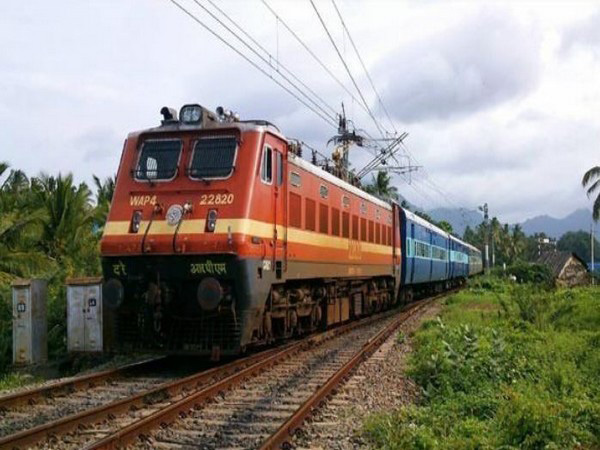Boosting Connectivity: Doubling of Tirupati-Pakala-Katpadi Rail Line Approved
The Cabinet Committee on Economic Affairs has sanctioned doubling the Tirupati-Pakala-Katpadi railway line, spanning 104 km in Andhra Pradesh and Tamil Nadu, at a cost of Rs.1332 crore. This move aligns with PM Modi's vision for a New India, promoting connectivity and employment, while reducing congestion and environmental impact.

- Country:
- India
The Cabinet Committee on Economic Affairs, led by Prime Minister Narendra Modi, has given the green light to double the Tirupati-Pakala-Katpadi railway line, covering 104 kilometers in the states of Andhra Pradesh and Tamil Nadu. This ambitious infrastructure project, costing approximately Rs.1332 crore, promises to enhance line capacity and improve mobility across Indian Railways, a crucial step towards efficiency and service reliability.
According to the CCEA, the multi-tracking initiative is poised to ease railway operations and significantly reduce congestion. It underscores infrastructural development required on some of the busiest sections of Indian Railways. This project is intricately linked with PM Modi's New India vision, a blueprint aimed at making residents self-reliant through regional comprehensive development, enhancing employment and self-employment opportunities.
Falling under the PM-Gati Shakti National Master Plan for multi-modal connectivity, this railway expansion through integrated planning promises seamless movement for people, goods, and services. Encompassing three districts across Andhra Pradesh and Tamil Nadu, the project will extend Indian Railways' network by about 113 kilometers, linking notable sites such as the Tirumala Venkateswara Temple and other tourism hotspots, thereby boosting regional economic activity and tourism.
The project will substantially improve connectivity for approximately 400 villages, impacting around 14 lakh residents. It is also vital for transporting essential commodities like coal, agricultural goods, and minerals, potentially increasing freight traffic by 4 million tonnes per annum. The eco-friendly rail mode aims to assist climate goals, cutting down oil imports by 4 crore liters and CO2 emissions by 20 crore kg, equivalent to planting one crore trees.
(With inputs from agencies.)
ALSO READ
Paving New Paths: The Transformation of Guwahati's Connectivity
Record Rail Revolution: Indian Railways Hits Manufacturing Milestone
Himachal Pradesh Boosts Infrastructure with Rs 267 Crore Sanction from Union Government
Gujarat's Mega Rs 606 Crore Push: A New Era for Gandhinagar's Water Infrastructure
Delhi Fast-Tracks Infrastructure with High-Level Committee










